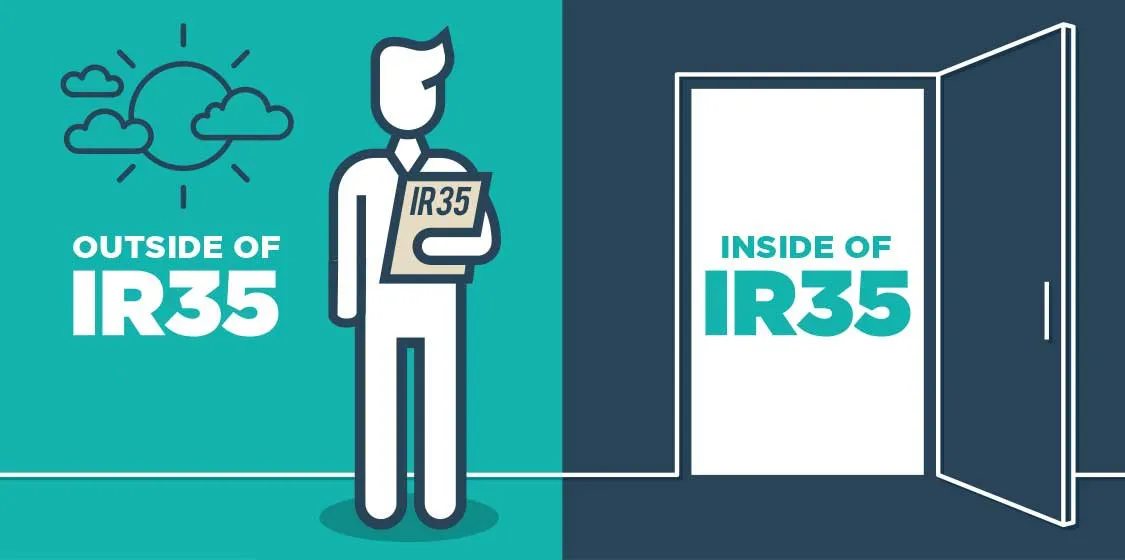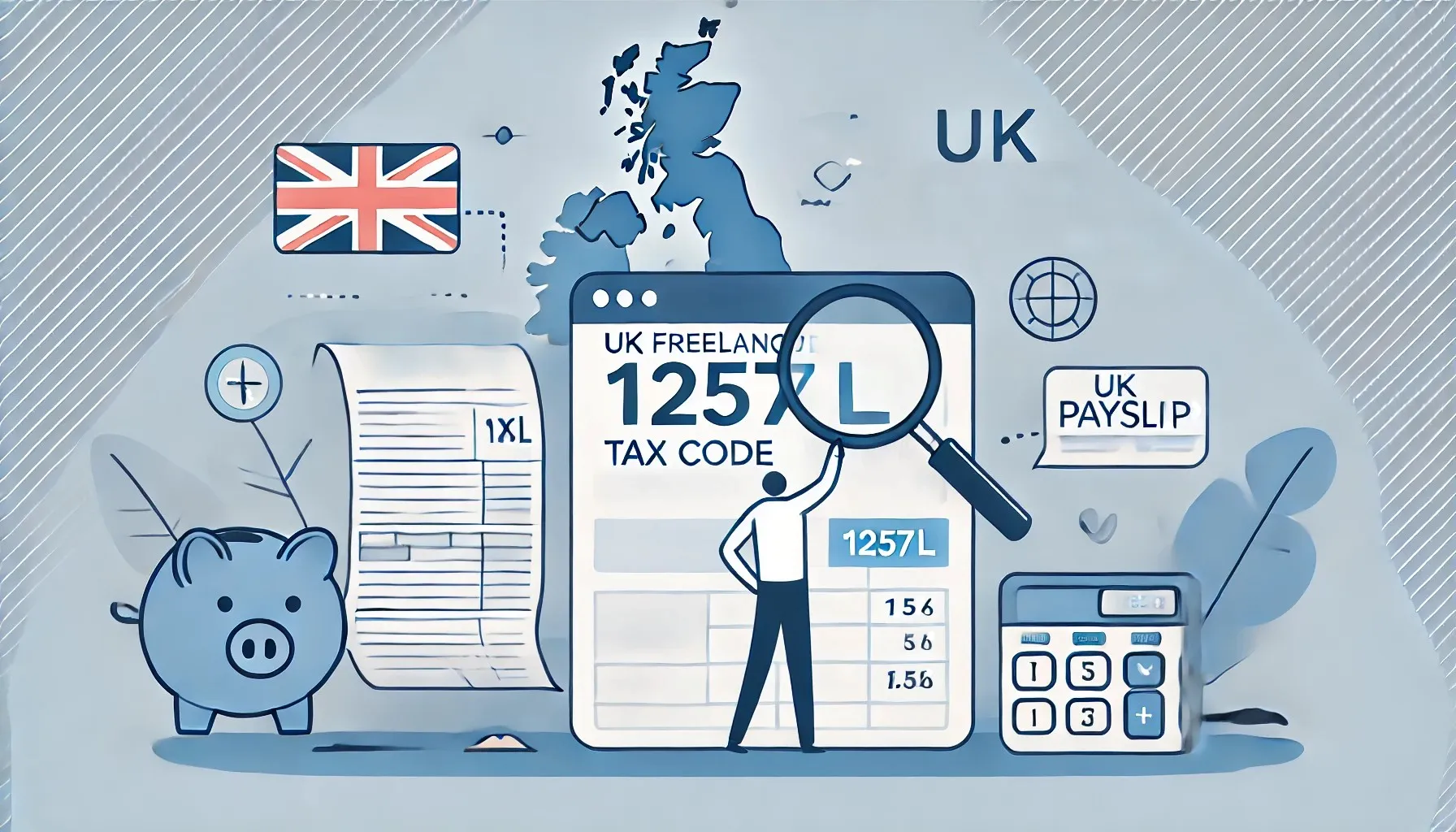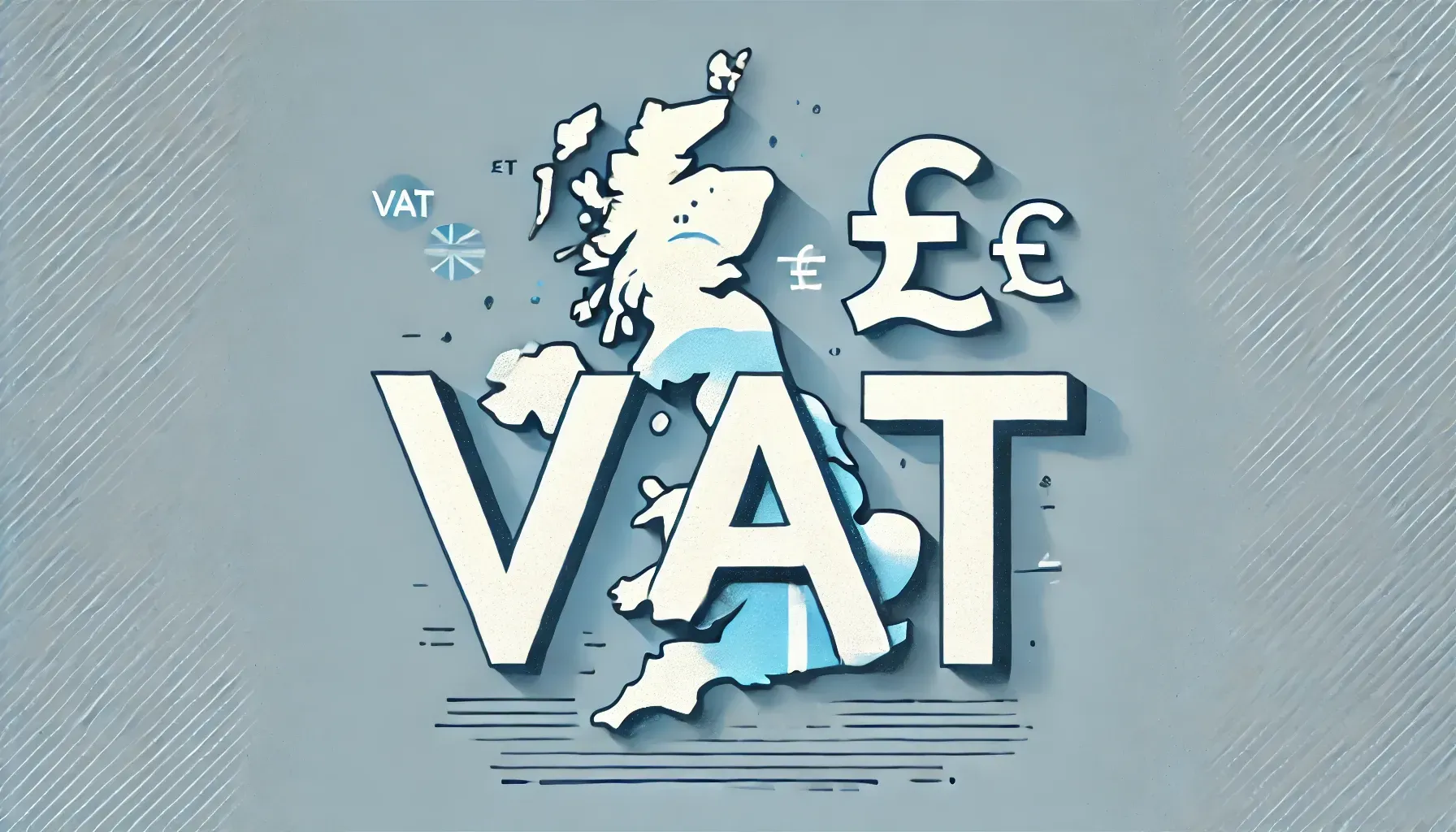IR35 Guide for Sole Traders (and Why It Doesn’t Apply to You)
- 12 May 2025

Self-Employment vs Disguised Employment: Know the Difference
If you’re self-employed, whether as a contractor, freelancer, or running your own solo business, chances are you’ve come across the term IR35. It’s one of those bits of tax legislation that often confuses people and, at times, causes unnecessary worry.
Let’s clear things up: IR35 doesn’t apply to sole traders. But that doesn’t mean there aren’t other important tax and compliance considerations. At SBX Accountants, we’re here to help self-employed individuals stay informed, compliant, and efficient without the confusion.

What Is IR35 and Why Was It Introduced?
IR35 (also known as the off-payroll working rules) is legislation introduced by HMRC to address “disguised employment.” This occurs when individuals work like employees but avoid PAYE tax and National Insurance by operating through a limited company.
Such arrangements often lead to lower tax liabilities. IR35 is used to assess the true nature of the working relationship and apply the correct tax treatment.
Inside vs. Outside IR35
To determine whether a contract falls inside or outside IR35, HMRC considers key factors:
Control
Who decides how, when, and where the work is done?
Substitution
Can someone else perform the work instead of you?
Mutuality of Obligation
Is there an ongoing expectation of work?
- Inside IR35: Treated like an employee for tax – PAYE applies.
- Outside IR35: Considered self-employed – you manage your own taxes.
Why Sole Traders Are Exempt from IR35
IR35 applies only when there is an intermediary (usually a limited company). Sole traders work directly with clients; there’s no intermediary, so IR35 doesn’t apply.
However, HMRC can still review your employment status to check for disguised employment.
Employment Status Reviews for Sole Traders
Even if IR35 doesn’t apply, HMRC can still assess whether you’re genuinely self-employed by examining:
- Independence in setting your hours and work
- Use of your own equipment or workspace
- Responsibility for mistakes or delays
- Whether you work with multiple clients
If HMRC determines you’re effectively an employee, your client could face PAYE liabilities, and your tax treatment may change.
Being a Sole Trader: Pros and Limitations
Operating as a sole trader is straightforward:
- Easy to set up
- Fewer administrative obligations
- Taxed through Self Assessment
However:
- You’re personally liable for debts
- Fewer tax planning opportunities compared to limited company directors
Many sole traders eventually consider incorporation, especially as their income grows, which is when IR35 may come into play.
How SBX Accountants Support Sole Traders
SBX Accountants offer tailored, hands-on support to sole traders and small businesses. Our services include:
✅ Dedicated accountant
✅ QuickBooks online software
✅ Same-day replies to queries
✅ Year-round tax advice
✅ Self Assessment filing
✅ Cash flow and business guidance
Whether you’re new to self-employment or considering incorporation, we help you stay compliant, confident, and ready for growth.
Learn More About IR35
Curious how IR35 might impact you as your business grows? Visit our full guide.
Ready to Simplify Your Accounting? WhatsApp us or request a callback, and our team will help you take the next step with confidence.





